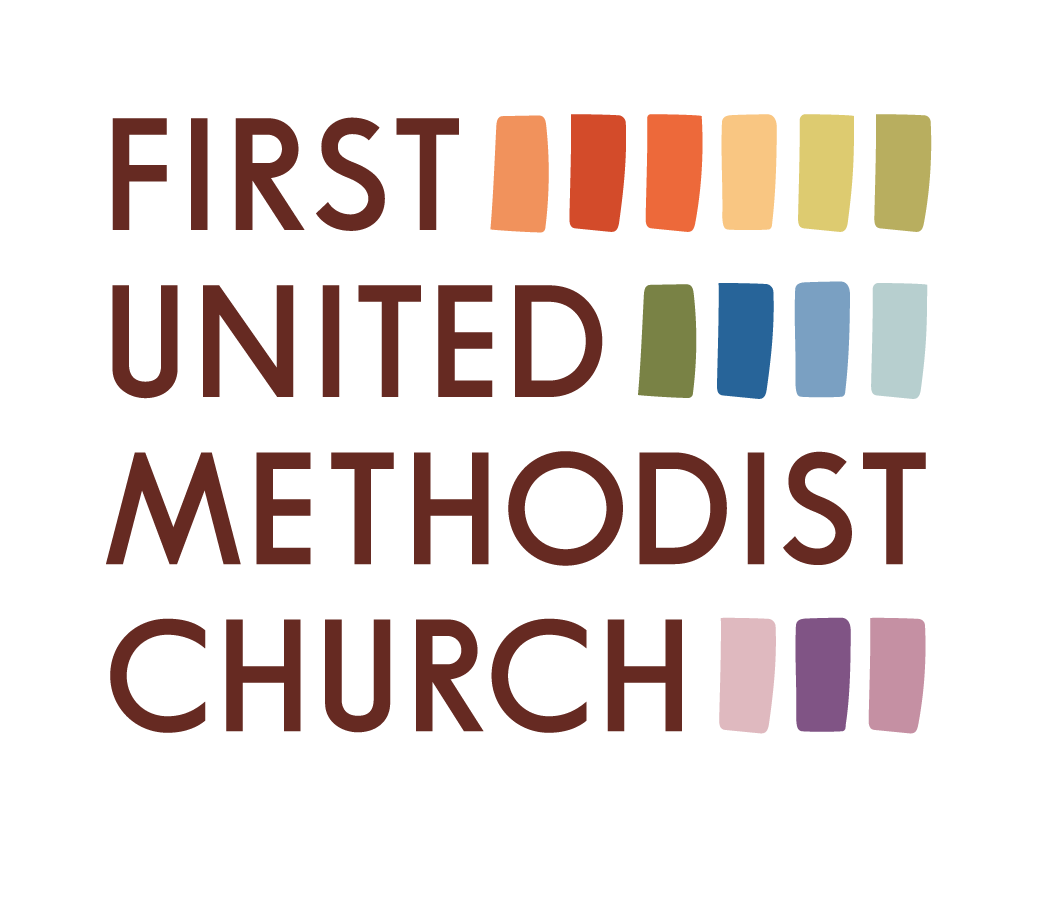May We Walk in God’s Paths
I was taking a break from my tasks this week when I popped onto Facebook to see what was going on in the lives of my friends and acquaintances. One friend had posted: “Apalachee High School. Winder, GA. Lord, in your mercy.”
That could only mean one thing.
I moved my browsing to news sites where I saw story after story attempting to account for the events that happened at Apalachee High School. Another mass shooting. Another school shooting. Another set of lives taken.
And, it turns out, another child with a gun.
I found it difficult to focus the rest of the day. This has become personal to me. I have worked in several schools and my daughter will enter kindergarten in two short years. One of the first things she will learn is how to hide and protect herself from an active shooter. I saw a mom advise that children should not wear light-up shoes to school so that they are more difficult to find in a dark, locked-down classroom.
On June 25, 2024, the US Surgeon General declared firearm violence a public health crisis in the United States. The advisory notes that “since 2020, firearm‑related injury has been the leading cause of death for U.S. children and adolescents (ages 1–19), surpassing motor vehicle crashes, cancer, and drug overdose and poisoning .”
What does that mean for us?
The United Methodist Church Book of Resolutions lays out where the church stands on gun violence. It is helpful for us to remember that this is our official stance as a United Methodist Church on the particular issue of gun violence, found in the 2016 Book of Resolutions of the United Methodist Church. The resolution is as follows:
“As followers of Jesus, called to live into the reality of God's dream of shalom as described by Micah, we must address the epidemic of gun violence so "that he may teach us his ways and that we may walk in God's paths." Therefore, we call upon United Methodists to prayerfully address gun violence in their local context. Some of the ways in which to prevent gun violence include the following:
1. For congregations to make preventing gun violence a regular part of our conversations and prayer times. Gun violence must be worshipfully and theologically reflected on, and we encourage United Methodist churches to frame conversations theologically by utilizing resources such as "Kingdom Dreams, Violent Realities: Reflections on Gun Violence from Micah 4:1-4" produced by the General Board of Church and Society.
2. For congregations to assist those affected by gun violence through prayer, pastoral care, creating space, and encouraging survivors to share their stories, financial assistance, and through identifying other resources in their communities as victims of gun violence and their families walk through the process of grieving and healing.
3. For individual United Methodists who own guns as hunters or collectors to safely and securely store their guns and to teach the importance of practicing gun safety.
4. For United Methodist congregations that have not experienced gun violence to form ecumenical and interfaith partnerships with faith communities that have experienced gun violence in order to support them and learn from their experiences.
5. For United Methodist congregations to lead or join in ecumenical or interfaith gatherings for public prayer at sites where gun violence has occurred and partner with law enforcement to help prevent gun violence.
6. For United Methodist congregations to partner with local law-enforcement agencies and community groups to identify gun retailers that engage in retail practices designed to circumvent laws on gun sales and ownership, encourage full legal compliance, and to work with groups like Heeding God's Call that organize faith-based campaigns to encourage gun retailers to gain full legal compliance with appropriate standards and laws.
7. For United Methodist congregations to display signs that prohibit carrying guns onto church property.
8. For United Methodist congregations to advocate at the local and national level for laws that prevent or reduce gun violence. Some of those measures include:
• Universal background checks on all gun purchases
• Ratification of the Arms Trade Treaty
• Ensuring all guns are sold through licensed gun retailers
• Prohibiting all individuals convicted of violent crimes from purchasing a gun for a fixed time period
• Prohibiting all individuals under restraining order due to threat of violence from purchasing a gun
• Prohibiting persons with serious mental illness, who pose a danger to themselves and their communities, from purchasing a gun
• Ensuring greater access to services for those suffering from mental illness
• Establishing a minimum age of 21 years for a gun purchase or possession
• Banning large-capacity ammunition magazines and weapons designed to fire multiple rounds each time the trigger is pulled
• Promoting new technologies to aid law-enforcement agencies to trace crime guns and promote public safety.”
-Book of Resolutions of the United Methodist Church 2016
We explored together this past week what the peaceable kingdom could look like, starting with turning our swords into plows and our spears into pruning hooks. When will we turn from our weapons of mass destruction and look toward tools for peace and thriving? How will we say enough is enough?
When will I feel safe sending my daughter to school in her light-up rainboots?
May we continue to remember Christian Angulo, Mason Schermerhorn, Christina Irimie, and Richard Aspinwall in our prayers. May we work for a world where we do not add any more names to that list. May our prayers take place in the form of concrete action that brings about God’s vision for a peaceable kingdom here.
Lord, in your mercy.
Yours in Community,
Rev. Rachel
